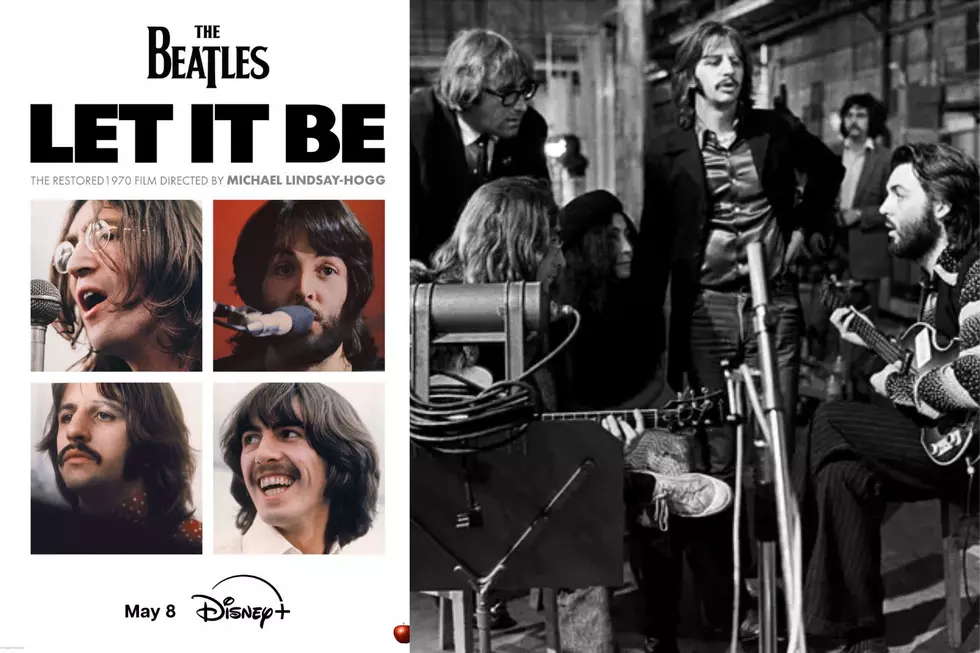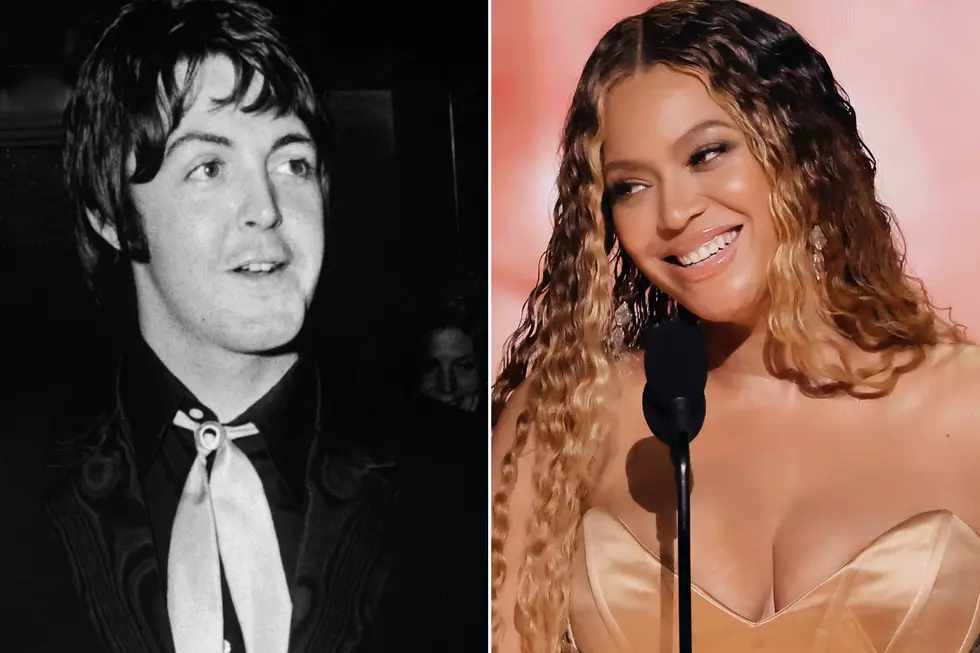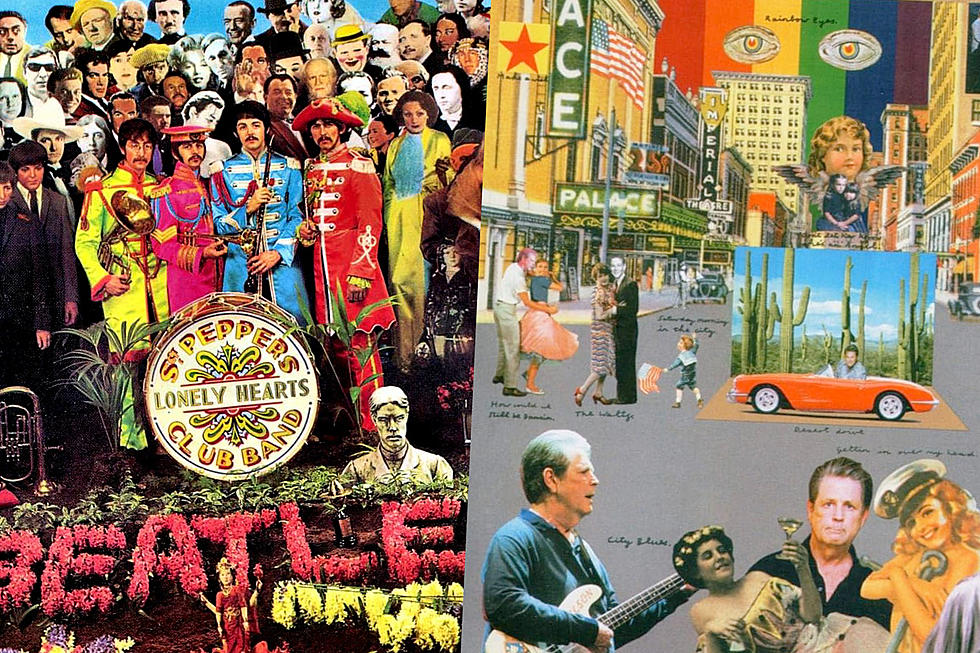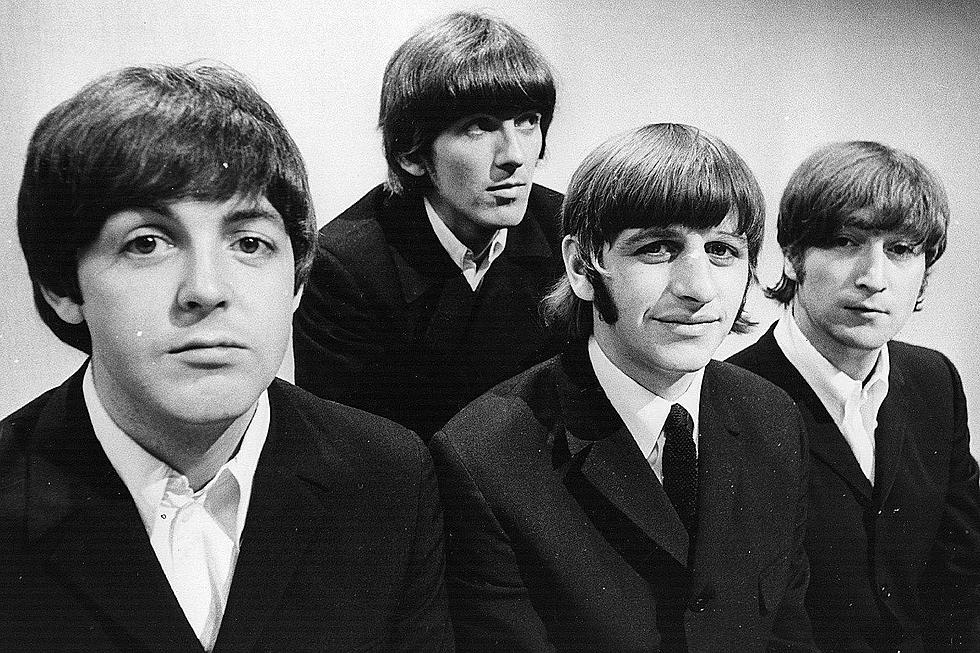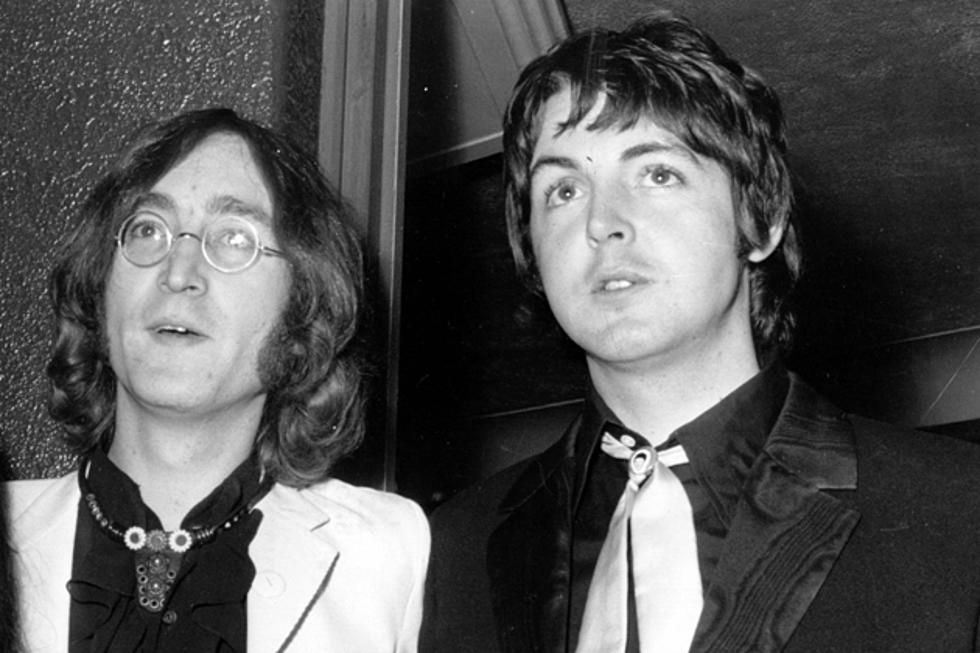
The Day the Beatles Hired Allen Klein as Their Manager
With their self-run company Apple Corps bleeding money, the Beatles looked for someone with experience in such matters to right the ship. On Feb. 3, 1969, they officially hired Allen B. Klein to be their manager.
Following the August 1967 death of Brian Epstein, the Beatles' finances were controlled by Epstein's brother Clive. But according to the Beatles, Clive Epstein was more interested in running the family's furniture stores, so the group looked outside of its inner circle for a replacement.
Klein got his start working for Sam Cooke and Bobby Darin, with whom he gained a reputation for being ruthless on behalf of artists whose royalties were being hidden through accounting tricks. This endeared him to the Rolling Stones, who made him their manager in 1965. Shortly afterward, he negotiated a new deal with Decca Records that gave the group a significantly better percentage of its sales.
John Lennon met Klein while filming The Rolling Stones Rock and Roll Circus in December 1968 and began lobbying for his services. "We were impressed by the way he handled the business deals for the Rolling Stones," Lennon said in Anthology. "Besides, he has some of the cleanest polo-necked sweaters I've ever seen. He's the only businessman I've met who isn't grey right through the eyes to the soul."
"My impression of him when I first met him was brash," Ringo Starr added. "'I'll get it done, lads.' Lots of enthusiasm. A good guy, with a pleasant attitude about himself in a really gross New York way."
But Paul McCartney was lobbying for his soon-to-be father-in-law to look after their affairs. "I put forward Lee Eastman as a possible lawyer, but they said, 'No, he'd be too biased for you and against us,'" McCartney later recalled. "I could see that. [...] They were right: It was just as well he didn't do it, because it really would have got crazy with him in there."
George Harrison had an opinion similar to Starr's. "Because we were all from Liverpool, we favored people who were street people," he said. "Lee Eastman was more like a class-conscious type of person. As John was going with Klein, it was much easier if we went with him too." But he also noted that "years later, we formed a different opinion."
McCartney was still hesitant and went to Klein's biggest client for advice. "Actually, I asked Mick Jagger when he came round," McCartney said. "'What do you think?' He said, 'Oh, he's all right if you like that kind of thing.' He didn't really warn us off him, so there it was – and that then was the three-to-one situation. In the Beatles, if anyone didn't agree with a plan, it was always vetoed. It was very democratic that way, so the three-to-one situation was very awkward, and as a result, 'things' would happen."
Klein immediately made an impact at Apple, cutting budgets, firing unproductive workers and installing a professional atmosphere at the company. He renegotiated the band's deal with EMI and brought in Phil Spector to sort through the messy Get Back project, which eventually became Let It Be.
But even though he came with Jagger's – albeit nonchalant – seal of approval, the Stones soon realized how much money Klein was funneling out of the group through unethical but legal practices. By 1970, they decided to set up their own company and get out from under him. A lengthy legal battle ensued, and the matter was resolved in the mid-'80s (after Klein had served two months in prison for tax fraud), with Klein retaining the rights to every Stones song recorded through Let It Bleed.
In the 1978 parody of the Beatles' career, The Rutles: All You Need Is Cash, John Belushi played Ron Decline, a thinly veiled version of Klein, who died in 2009.
Beatles Albums Ranked
Who Was the Fifth Beatle?
More From Ultimate Classic Rock
